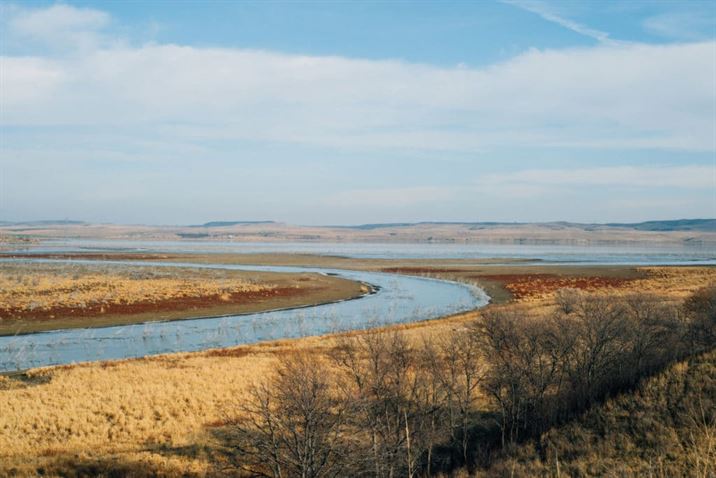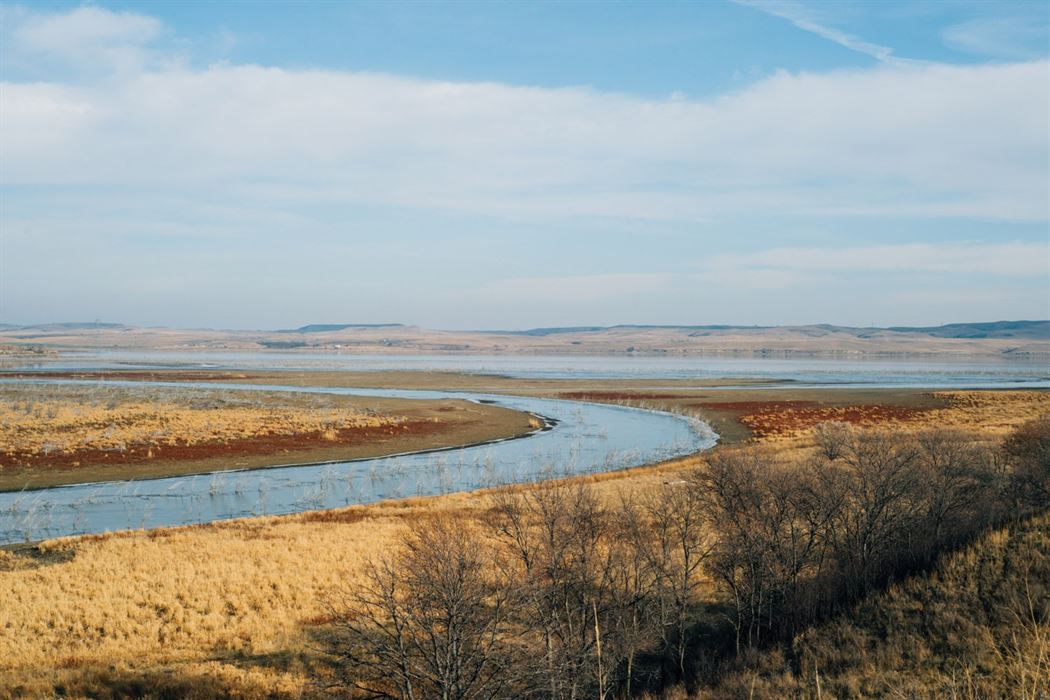
Students at Montclair State have mixed reactions to Trump’s executive order to approve the Keystone XL and Dakota Access Pipeline.
Photo courtesy of Sean Madden.
President Donald Trump signed executive orders approving the Keystone XL and Dakota Access Pipeline (DAPL) and students have mixed view points on the ongoing issue.
Senior film major, Brittney Briggs gave her opinion saying, “This seems unfair to me. It seems like they had one small victory and now the pipeline’s closer to being built than it was two months ago.” She continued, “We’re at a point where we should be taking care of our environment and this backtracks [environmental safety].”
The Dakota Access Pipeline is the remaining 1,200 miles of pipeline crossing under a Missouri River reservoir used by the Standing Rock Sioux. The Keystone XL pipeline is a crude-oil pipeline proposed to transport oil from Alberta, Canada to Steele City, Nebraska.
According to the Associated Press the “then-assistant army secretary for civil works, Jo-Ellen Darcy, on Dec. 4 declined to issue permission for the crossing, saying it warranted a broader environmental study.”
The Standing Rock Sioux remain firm that if the pipeline leaks, it will pollute their drinking water at Lake Oahe, but time is ticking away. CEO Kelcy Warren told the AP, “the company should be able to finish the project in a little over three months once it has the go-ahead.”
Senior film major Austin Greene said, “It would be one thing if the country was taking steps to move towards clean energy, but this is a quick fix.” He continued, “Opportunities to use cleaner energy have been consistently snubbed by corporations, who control the Senate.”
Senior history major Tom, who declined to give his last name, said, “There are two sides to this issue, if the [Dakota Access] pipeline leaks it will be a disaster for the environment and cost millions to clean up.” He continued, “On the other hand, it could lower gas prices. At the end of the day, the government’s job is to do what’s best for the country.”
Oil and natural gas pipelines are not only affecting the Standing Rock Sioux, they are going up all over the country. The water protectors have left Standing Rock, but the water protectors, the army veterans, and the many others who stood with the tribe are not forgotten.
Phyllis Young, a protest leader and member of the Standing Rock Sioux, told the AP, “Opposition to oil pipelines ‘is our life struggle, and we’re going to continue fighting however we have to do it’.”



